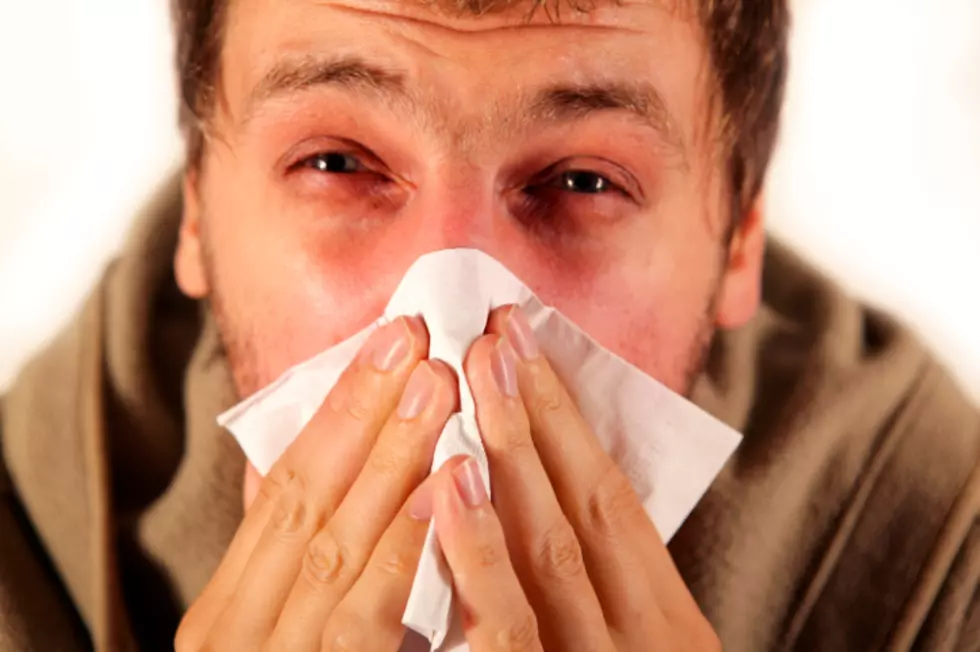
Differences Between COVID Symptoms and Seasonal Allergies
With the school year starting, parents are wondering: How can you tell if someone’s symptoms are from the coronavirus or from seasonal allergies?
The Centers for Disease Control and Prevention (CDC) has created some guidance on this as the school year begins.
Dr. Fred Davis explained:
“Both can lead to a runny nose, cough, and congestion. The big differentiation is usually fever, those with symptoms from allergies tend to not have a fever, whereas those with a viral infection like COVID will tend to have a fever (i.e. a temperature greater than 100.4).”
Allergy symptoms include:
- itchy, watery eyes
- sneezing
- wheezing, chest tightness
- dry, red and cracked skin
These are commonly associated with allergies and not the novel coronavirus.
COVID symptoms are:
- chills and muscle aches
- fever
- vomiting
- diarrhea
- sudden loss of smell and taste
Not very common symptoms of seasonal allergies.
If you believe your child does have COVID, follow these steps:
- Get your child tested immediately.
- Notify the school.
- Follow CDC quarantine guidelines.
Also, wash your hands and wear a mask.
Keep up to date with us by downloading our free app.

KEEP READING: See states hit hardest by COVID-19’s impact on tourism
More From 97.5 KGKL









